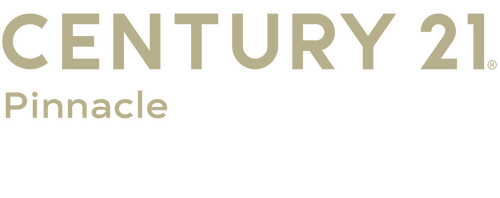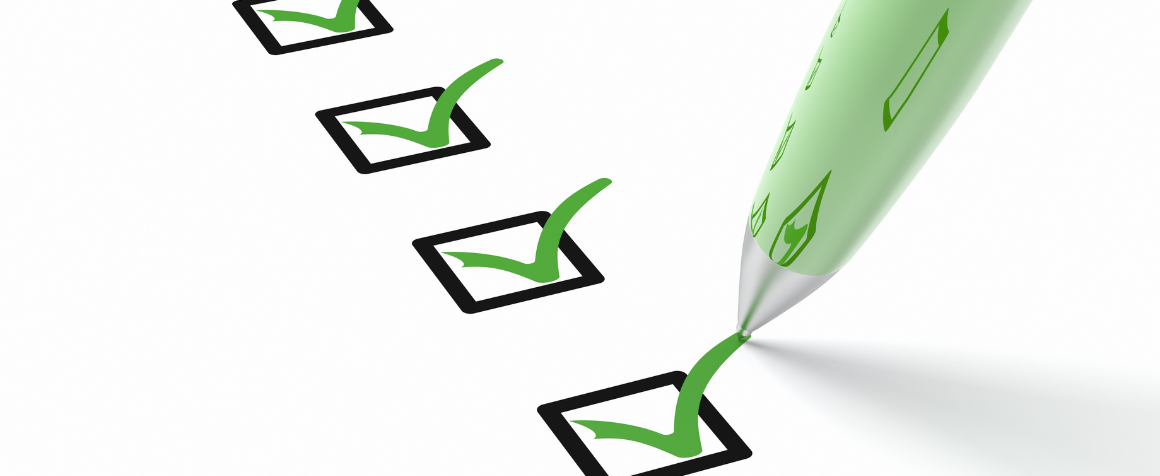Buying a house is one of the most exciting (and sometimes overwhelming) steps in life. But with the right information, the process can be far smoother than you’d expect. From budgeting for a down payment to navigating the mortgage process, here’s what you need to know to make your dream of homeownership a reality.
1. Determine Your Budget
The first step is figuring out how much you can afford. This includes calculating your income, monthly expenses, and any outstanding debts. Most financial experts suggest that your mortgage payment should be no more than 28% of your gross monthly income. Tools like mortgage calculators can help give you a clearer picture of what your monthly payments could look like based on home price, interest rates, and loan terms.
Pro Tip: It’s not just about the home price—factor in additional costs like property taxes, homeowners insurance, HOA fees (if applicable), and potential maintenance costs.
2. Save for a Down Payment and Other Costs
Your down payment is typically a percentage of the home’s purchase price that you pay upfront, while the mortgage covers the rest. Traditionally, down payments range from 3% to 20% of the home’s value, depending on your loan type and credit profile.
Beyond the down payment, prepare for closing costs (around 2-5% of the home price) and moving expenses. It’s a good idea to have an emergency fund in place for unexpected costs that may arise once you’re in your new home.
3. Get Pre-Approved for a Mortgage
Before you start shopping, getting pre-approved for a mortgage can give you a clear idea of how much a lender is willing to loan you, as well as the interest rate. During pre-approval, the lender will review your financial history, including your income, debts, and credit score.
Tip: Pre-approval shows sellers that you’re a serious buyer, which can be a big advantage in a competitive market.
4. Find the Right Real Estate Agent
A good real estate agent will guide you through every step of the process, from finding properties that meet your needs to negotiating offers and completing paperwork. Choose an agent with experience in the type of property you’re looking for and with local market knowledge.
5. Start House Hunting
Now the fun begins! With your agent’s help, start looking at homes within your budget that meet your needs. Be prepared to see several houses, and don’t be afraid to ask questions. Remember, a home is not just an investment; it’s a place where you’ll live, so make sure it fits your lifestyle and long-term goals.
Things to consider: Location, neighborhood, commute time, school districts, and nearby amenities.
6. Make an Offer and Negotiate
Once you find “the one,” your agent will help you make a competitive offer. This will include the price you’re willing to pay and any contingencies, like a home inspection or appraisal. Be ready for negotiations, as sellers may counter your initial offer.
Contingencies: Common contingencies include financing (the deal only goes through if you get the loan) and inspection (the home must pass inspection or meet certain conditions).
7. Complete a Home Inspection
Once your offer is accepted, schedule a home inspection to assess the property’s condition. An inspector will look for any major issues, from structural problems to electrical issues, that could influence your decision or lead to further negotiations.
If the inspection reveals issues, you may ask the seller for repairs, a price reduction, or credits towards your closing costs.
8. Finalize Your Financing
Your lender will complete the underwriting process to verify all aspects of your loan, including a final review of your credit, income, and other financial factors. The lender may also request an appraisal to ensure the home’s value matches your loan amount.
9. Closing Day
At the closing, you’ll review and sign all loan documents, settle closing costs, and—at last—receive the keys to your new home! Be sure to review all paperwork carefully and ask questions if anything is unclear.
Wrapping Up
Buying a home involves a lot of steps, but with good preparation, you can make the process smoother. From setting a budget and saving for a down payment to securing financing and finding the perfect property, being informed is the key to becoming a confident, successful homeowner.
Thinking about buying a home? Reach out to discuss your options and get started on your journey to homeownership!


 Facebook
Facebook
 X
X
 Pinterest
Pinterest
 Copy Link
Copy Link


